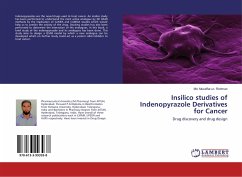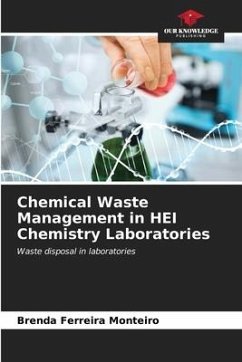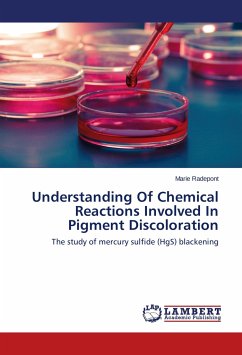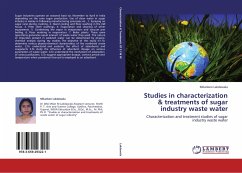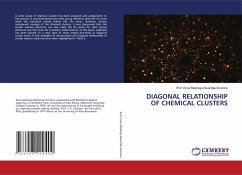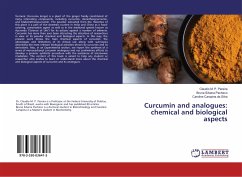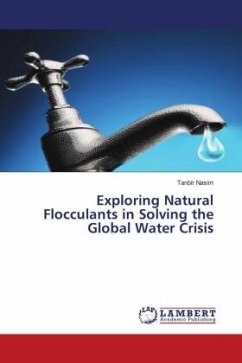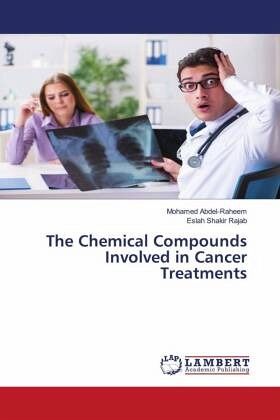
The Chemical Compounds Involved in Cancer Treatments
Versandkostenfrei!
Versandfertig in 6-10 Tagen
56,99 €
inkl. MwSt.

PAYBACK Punkte
28 °P sammeln!
There are many risk factors for cancer: age, family history, viruses and bacteria, lifestyle (behaviors), and contact with (touching, eating, drinking, or breathing) harmful substances. More than 100,000 chemicals are used by Americans, and about 1,000 new chemicals are introduced each year. These chemicals are found in everyday items, such as foods, personal products, packaging, prescription drugs, and household and lawn care products. While some chemicals can be harmful, not all contact with chemicals is dangerous to your health. This booklet will discuss the relationship between contact wit...
There are many risk factors for cancer: age, family history, viruses and bacteria, lifestyle (behaviors), and contact with (touching, eating, drinking, or breathing) harmful substances. More than 100,000 chemicals are used by Americans, and about 1,000 new chemicals are introduced each year. These chemicals are found in everyday items, such as foods, personal products, packaging, prescription drugs, and household and lawn care products. While some chemicals can be harmful, not all contact with chemicals is dangerous to your health. This booklet will discuss the relationship between contact with harmful chemicals, cancer, and you. It will explain risk factors (things that make you likelier to get cancer), how cancer develops, and how contact with (exposure to) chemicals affects your body. Some factors that increase your risk of developing cancer include behaviors such as smoking, heavy alcohol consumption, on-the-job exposure to chemicals, radiation and sun exposure, and some viruses and bacteria. When all these risks are considered together, the role of chemical exposures in causing cancer is small and, as of now, not very clear.



